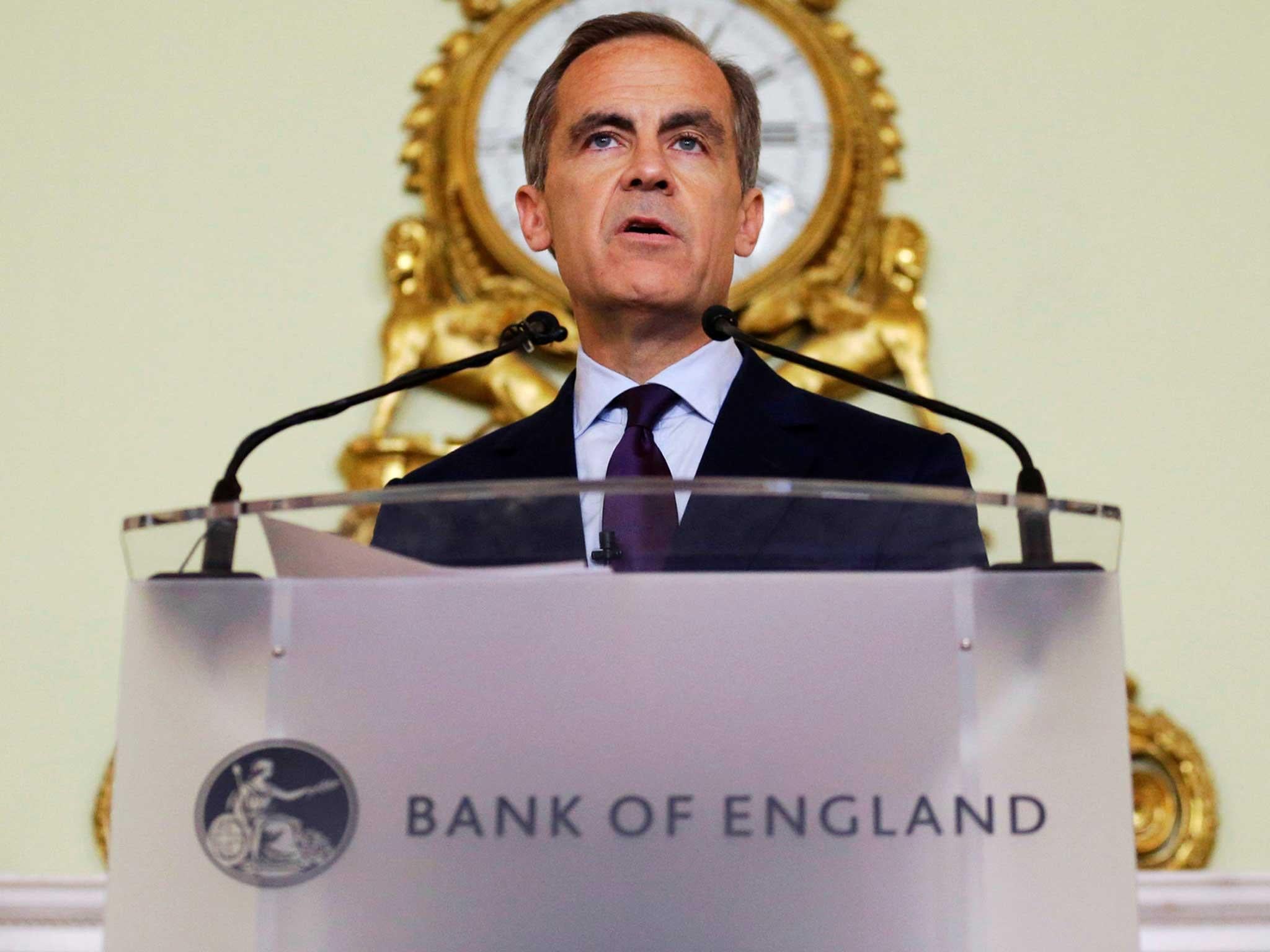Mark Carney under increasing pressure to cut interest rates to stem Brexit crisis
The Bank of Enland's interest rate has been at a record low of 0.5 per cent since 2009.

Mark Carney’s third week managing Britain’s response to the economic shock of Brexit is about to begin.
With UK politics in disarray after the nation opted to split from the European Union, the Bank of England governor has been leading the charge in offering stability.
After boosting liquidity, freeing banks to lend more and signaling a willingness to loosen monetary policy, Carney will spend the coming days addressing members of parliament and overseeing the central bank’s first interest-rate decision since the Brexit vote.
With gauges of consumer sentiment and business confidence plummeting, the pound near a 31-year low, and signs of strains emerging in property funds, the pressure on the governor could not be higher.
Investors are pricing in about a 74 per cent chance of a rate cut on Thursday, and until then his every word will be scrutinised.
The next few days are “incredibly significant, given all the ructions among politicians generally, and given that the bank has had to step into a policy void and try to steady the ship,” said Chris Hare, an economist at Investec and a former Bank of England official.
“The stakes are really high for Carney and the Monetary Policy Committee, especially given the criticism they got during the Brexit campaign.”
Focus is on Thursday’s monetary-policy announcement, which the nine-member committee will take without substantial data on the economy’s reaction to Brexit.
Still, officials may choose to act pre-emptively to limit the fallout. Thirty of 54 economists surveyed by Bloomberg predict the benchmark interest rate will be lowered on July 14, with a majority of those seeing a 25 basis-point reduction to 0.25 per cent.
“Markets have gone in and priced in a rate cut next week, and from that perspective, if they don’t deliver a cut or something that markets interpret as equivalent to a cut, the risks are that you get bigger moves in rates and foreign exchange,” said James Rossiter, an economist at TD Securities in London and a former Bank of England official, who predicts the bank will lower the benchmark by 25 basis points.
“We just don’t see why they would want to willingly induce that.”
With economists split on whether the Bank will act this week, many predict officials could hold fire until its decision in August, when they have more data and are due to set out new forecasts in the quarterly Inflation Report.
“I expect the statement to say something along the lines of, ‘we will monitor and take a more considered view in August,’” said Hetal Mehta, a London-based economist at Legal & General Investment Management.
“That’s when we’ll see a package and a press conference to discuss these things in more detail.”
Treasury Committee
Carney’s performance so far is already set for scrutiny. He’ll testify at the Treasury Select Committee at 10 am on Tuesday in London alongside the bank’s Deputy Governor Jon Cunliffe and officials Donald Kohn and Richard Sharp and may be asked to explain the Financial Stability Committee’s decision to lower the countercyclical-capital buffer for UK banks.
The hearing will also give pro-Brexit MPs including Conservative Jacob Rees-Mogg the opportunity to face the governor after several heated exchanges in the run-up to the referendum, when Rees-Mogg said Carney’s comments on the potential economic impact of Brexit were “beneath the dignity of the Bank of England” and that he should be fired.
6 ways Britain leaving the EU will affect you
Show all 6Other politicians who criticised the governor during the Brexit campaign have since praised the bank’s pro-activeness. Andrea Leadsom, who is competing with Theresa May to succeed David Cameron as prime minister and spoke against Carney during the campaign, said last week that he has done a “great job” reassuring financial markets.
With the ruling Conservative Party only choosing Cameron’s replacement in September, the timing of Britain’s divorce from its biggest trading partner — and what access to the single market the U.K. might retain — remains elusive.
“While it’s helpful to know that we’re down to two PM candidates, they’re still just candidates,” TD Securities’ Rossiter said. “It certainly leaves Carney as the most important person to watch for the next 10 weeks or so.”
© 2016 Bloomberg
Subscribe to Independent Premium to bookmark this article
Want to bookmark your favourite articles and stories to read or reference later? Start your Independent Premium subscription today.

Join our commenting forum
Join thought-provoking conversations, follow other Independent readers and see their replies